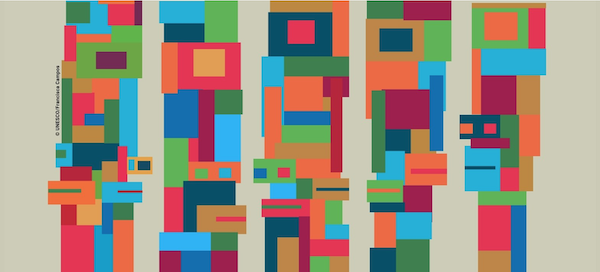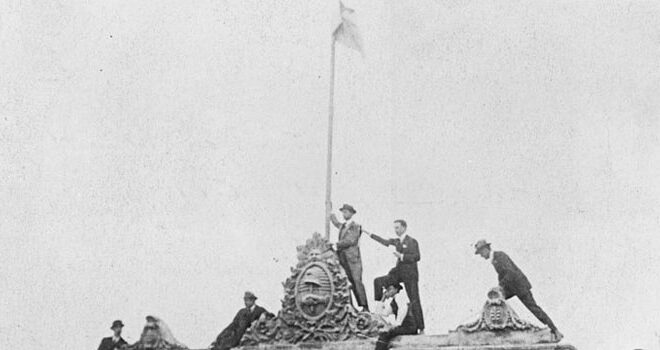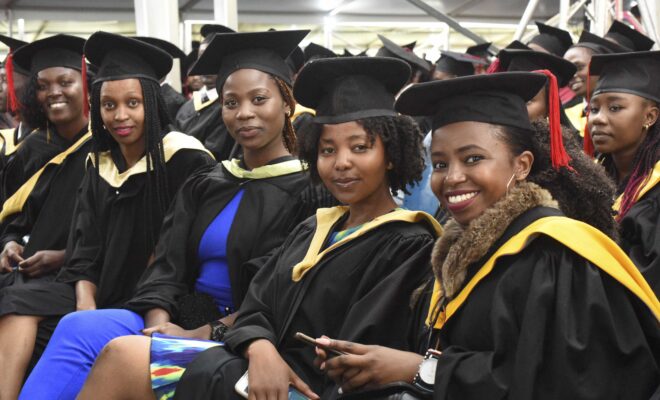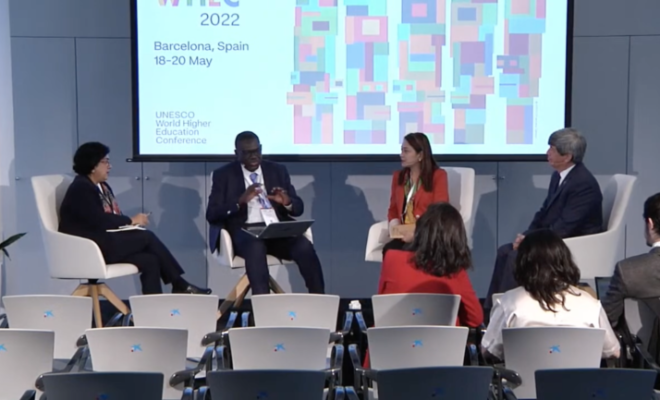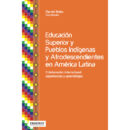New cooperation agreement with the Universidad Nacional de Jaén
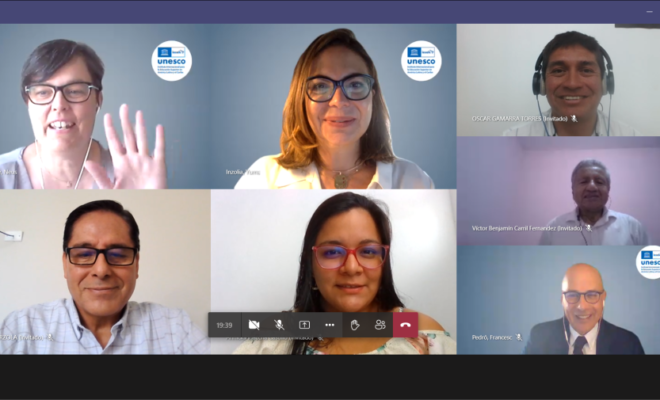
On July 16, the UNESCO International Institute for Higher Education in Latin America and the Caribbean (IESALC) signed an institutional cooperation agreement with the Universidad Nacional de Jaén (UNJ), which aims to establish the guidelines to promote and strengthen the institutional capacities of higher education at the UNJ, particularly with a view to building highly resilient HEIs to future pandemics and other risks.
It is important to mention that one of the first actions to be taken to strengthen education is the development of the pedagogical model of the UNJ, within the methodological and quality standards that guarantee the blended learning modality, with a focus on models that allow the follow-up, monitoring and evaluation of the quality of the teaching and learning process. This according to the website of the National University of Jaén.
According to Oscar Gamarra Torres, president of the Organizing Committee of the UNJ, this agreement is a great opportunity for the UNJ to ensure the creation, promotion, management and development of initiatives that strengthen R+D+i. In addition, it ensures the possibility of being trained in research, development and innovation by the top 100 universities in the world ranking.
For Yuma Inzolia, academic coordinator at UNESCO IESALC, this agreement will serve to strengthen the work done in 2020 for the development of digital skills of the teaching and technical community of the UNJ, to reinforce a sustainable model that allows the university to continue advancing in its mission to train professionals committed to society and to promote its educational model with a view to the semi hybrid modality.
For Francesc Pedró, director of UNESCO IESALC, through this agreement the UNJ reaffirms its inclusive vision, as it will allow it to articulate its educational offerings in order to provide an innovative space with offline access to content, allowing the proper monitoring of the activity of professors and students, and thus ensure pedagogical continuity.
RELATED ITEMS

